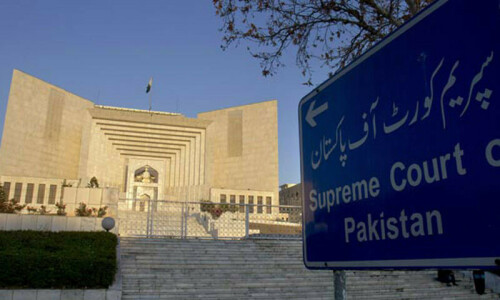LONDON, March 18: The first suicide bomber from Germany who was said to be responsible for the death of two American soldiers in Afghanistan on March 3 has been linked to an Uzbek terror group allegedly operating from Pakistan near the Afghan border.
According to the Guardian, a clerical worker Cueneyt Ciftci was named as Germany’s first suicide bomber and blamed for the deaths of two American soldiers in Afghanistan. An Uzbek group, the Islamic Jihadist Union (IJU), claimed responsibility for the attack.
In the chaotic aftermath of the explosion, insurgents raked the Americans with gunfire and killed 60 men, the group claimed, adding: “He was a brave Turk who came from Germany and exchanged his life of luxury for paradise.”
Ciftci was born in Freising in Bavaria, the son of Turks who had migrated in the
1960s. He did well at school and spoke German with a lilting Bavarian accent. In theory he could have become a German citizen but he chose to remain a Turk.
His family moved near Nuremberg, and he started to say his prayers at a mosque that has been under surveillance.
His exit seems to have been organised by his friend Adem Yilmaz, under arrest after police raids broke up his cell of explosives experts preparing for an attack on Frankfurt airport, Ramstein airbase and other US targets in Germany. The other members of the cell, Fritz Gelowicz and Daniel Schneider, were white native Germans, prompting the authorities to worry about German converts to Islam.
But the real cause for concern was Yilmaz --- like Ciftci, a Turk with deep roots in Germany, who had, unnoticed by the authorities or the neighbours, turned into an Islamic radical.
For decades the German authorities have assumed that the more than two million Turks in the country were essentially politically neutral, apart from a sprinkling of support for the Kurdish Workers’ Party.
But the connections between radical clergy --- the mosque in Ulm seems to have inspired many radicals, Turks and non-Turks, across Germany --- the movement of preachers between Pakistan and Europe and the access to training camps close to the Afghan border have made some German Muslims regular pilgrims.
Yilmaz is said to have organised a network that guided Turks along each stage of the journey to the Pakistan-Afghan border.














































Dear visitor, the comments section is undergoing an overhaul and will return soon.